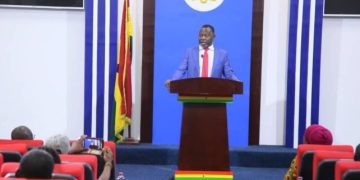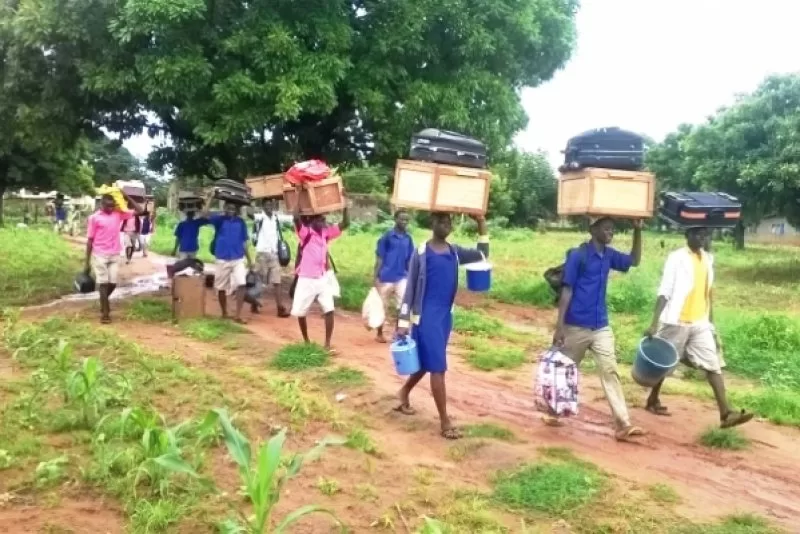Some residents of the Upper East Region have expressed dissatisfaction over the interruption of the academic calendar of Second Cycle Institutions.
Some parents have complained that the interruption in the academic calendar did not only deny the students enough contact hours to learn, but also put financial burden on the parents and called for resolution to the situation.
This came up when some first-year students of the second cycle institutions, particularly those running the double track system were asked to proceed on vacation and to report in June after only three weeks in school.
Some of the students, especially the second-year students, are to spend only 10 days as vacation period.
Mr Michael Azure, a parent in Garu said the brief vacation which was about 10 days would affect him because he would have to provide for his ward to go back to school at a time his monthly salary was not yet paid.
He said due to the economic nature of the country, it was not easy for him because he would have to provide for the family and also pay his wards school fees, which would place pressure on him as the head of the family.
Mr Abraham Atubiga, a teacher by profession and a resident of Garu said some students had complained that their parents would not be able to afford to provide their provisions, school fees and other needs.
He said that was due to the economic stress in the country and appealed to the government to address the challenges.
Mr Emmanuel Alalba who is a student and resident of Garu said the new calendar had placed a burden on the students to learn to pass their examination, due to the limited contact hours, “the old calendar gave students ample time to learn in school and that was better, he added.
Mr Ayeriga Azeriya, the Bawku Municipal Director of Education, Ghana Education Service, explained that the new curriculum was used because of the COVID-19 pandemic that interrupted the education calendar in the country.
He said the reason the vacation period had been shortened was for the education system to return to the old system, which would be fully activated on September 1, 2023.




























